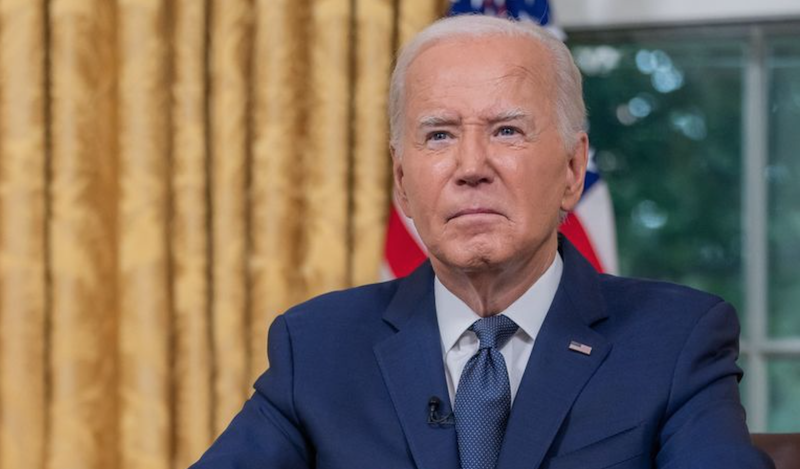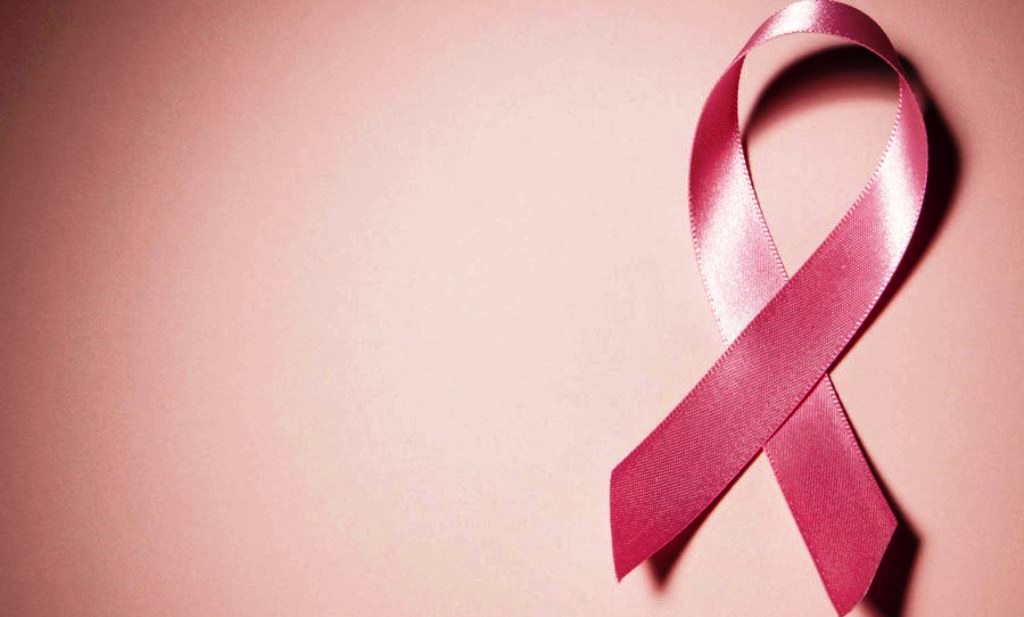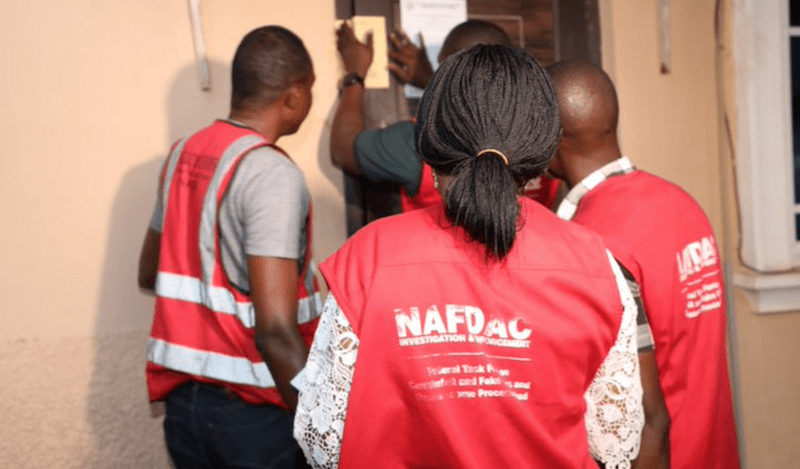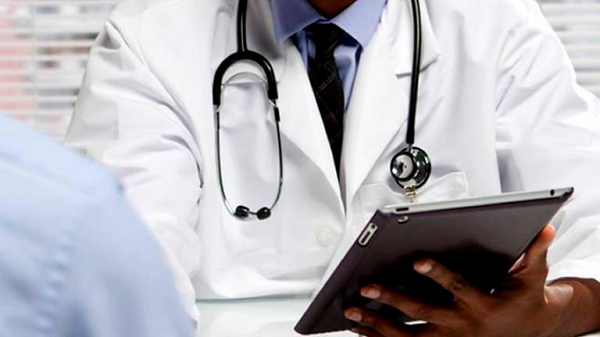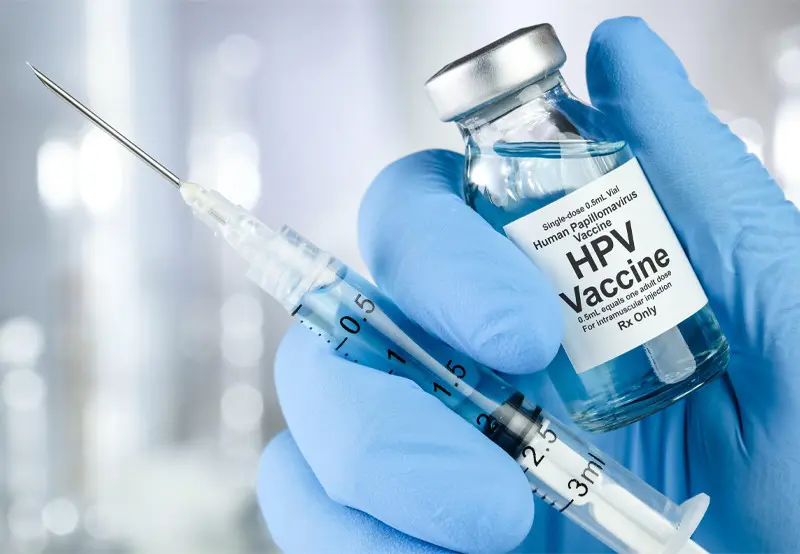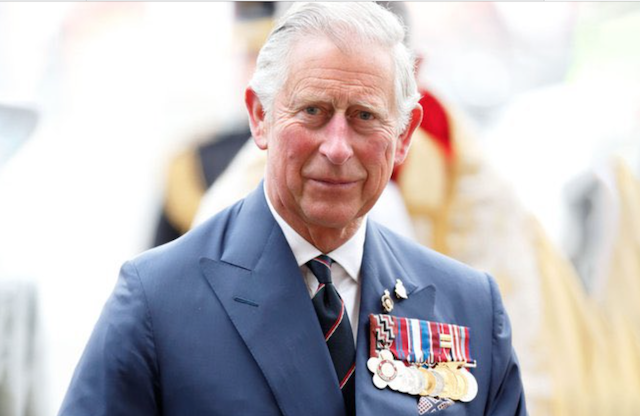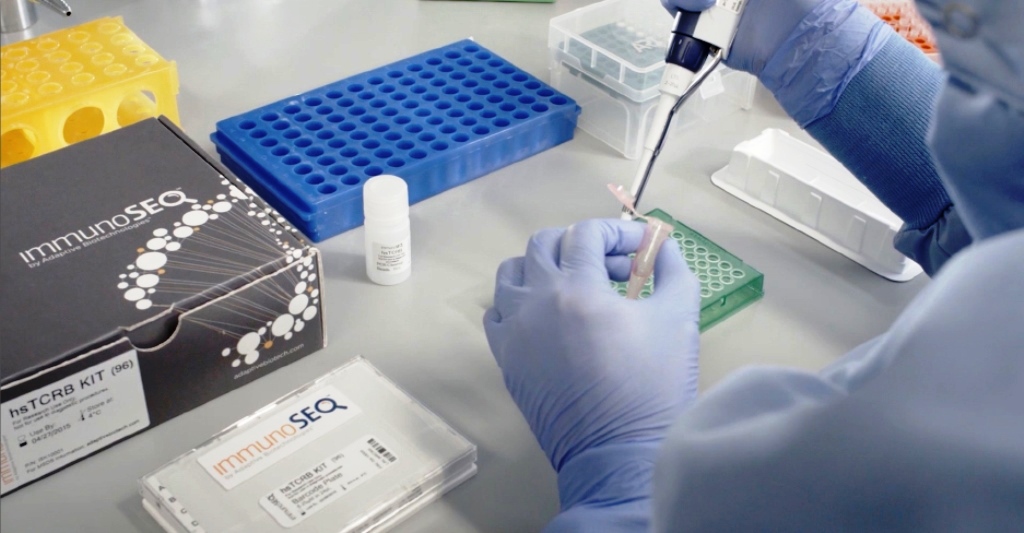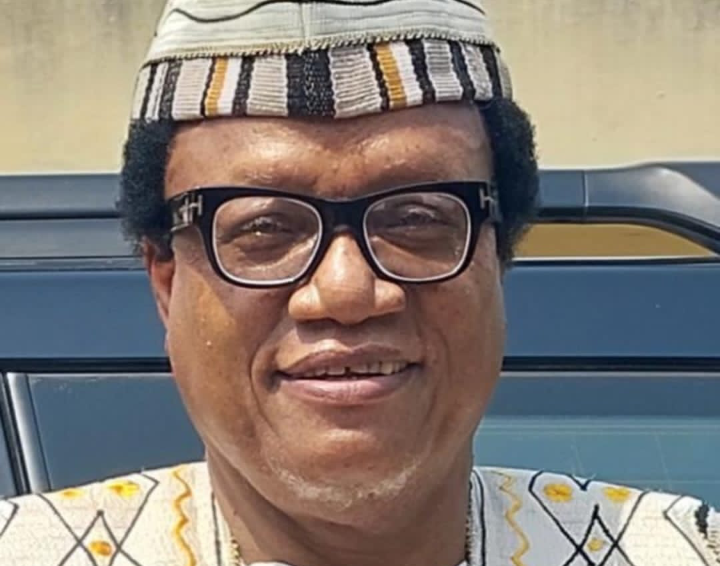A medical expert, Dr Veronica Agana, has debunked the widespread belief that cancer is a death sentence.
She emphasised that with early detection and a healthy lifestyles, the disease can be prevented and defeated.
Agana made this known during the 2025 World Cancer Day commemoration organised by Hassy’s Haven Foundation (HHF) on Tuesday in Kaduna.
According to her, fear and misconceptions about cancer have conditioned many to believe that it inevitably leads to death.
“While cancer is indeed a serious disease, the mindset that it is a death sentence kills faster than cancer itself,” she said.
Agana stressed the importance of regular medical checkups for early detection.
She said, “Cancer often becomes visible at advanced stages when it has already spread to other organs.
“Cancer has four stages, and by the time it’s detected in stages two or three, it may already have caused significant damage.
“Regular checkups help expose the disease early before it becomes a major threat.”
Agana also lamented the high cost of cancer treatment, calling for a focus on prevention.
She advised individuals to maintain healthy diets, exercise regularly, avoid excessive sugar intake, consume fruits, and drink at least three litres of water daily to detoxify the body and boost the immune system.
Earlier in her remarks, the founder of Hassy’s Haven Foundation, Hajiya Hussaina Mohammed-Yakubu, extolled the theme for this year’s World Cancer Day: ‘United by Unique’.
According to her, it aims to foster a global movement that recognizes and understands the perspectives of those affected by cancer.
“This campaign encourages a stronger connection between healthcare providers, patients, and communities, advocating for health systems that prioritize people,” Mohammed-Yakubu said.
She added that the foundation aligned with the mission of providing assistance, hope, and strength to cancer patients, especially the underprivileged women battling the disease.
“Cancer remains a global health challenge. Many women face financial, emotional, and psychological barriers that hinder their access to early detection, treatment, and recovery support,” Mohammed-Yakubu said.
She stated the foundation was established in memory of the late Hassana Yakubu, a dedicated journalist who battled cancer for eight years.
Mohammed-Yakubu said her twin sister’s resilience continues to inspire the foundation’s work in championing the rights of women affected by cancer.
“Hassy’s Haven Foundation will continue to advocate policy changes and call on government agencies and stakeholders to strengthen cancer care services and ensure affordable treatment for all,” she added.
In his remarks, Bashir Rabe-Mani, the Kaduna Zonal Manager of the News Agency of Nigeria (NAN), commended Mohammed-Yakubu and the foundation for assisting indigent cancer patients.
He called on the government, non-governmental organidations, and wealthy individuals to step up efforts in addressing cancer prevalence.
He urged othe Nigerians to emulate the foundation’s efforts, emphasising the importance of collaborative action in reducing the burden of cancer in society.
The foundation was established in memory of the late Hassana Yakubu, a member of staff of the agency. The deceased was a dedicated journalist who battled cancer for eight years.
